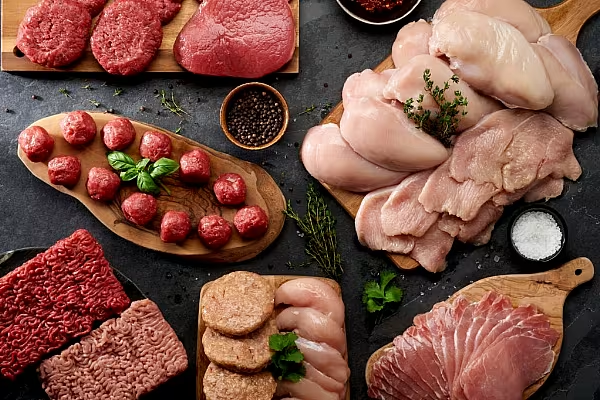German meat producer Tönnies has welcomed a collective agreement that will see the minimum wage for all employees in the country’s meat industry increase by more than 13% by 1 August 2021.
The minimum wage will gradually increase by a total of almost 30% over the next three years.
It is part of a nationwide collective agreement between The Association of the Food Industry (VdEW) and the Food-Gourmet-Gaststätten Union (NGG).
Many employees of the Tönnies food company from Rheda-Wiedenbrück will also benefit from the agreement, the company noted.
'Leap In Wages'
“We have long campaigned for a [industry-wide] collective agreement that applies to everyone. We are therefore happy about the agreement that has now been reached,” said Tönnies HR manager Martin Bocklage.
“For many employees, this development is a big leap in wages. Thirteen percent more - that has seldom happened in collective bargaining in German history,” Bocklage added.
Tönnies added that this is also an enormous increase in wages that companies must now bear.
The VdEW has emphasised that the generally binding nature of this agreement is a significant and important step.
Without the agreement, approximately 160,000 workers in the meat industry would be threatened with a patchwork of individual in-house contracts and unchanged minimum wage levels.
Minimum Wage
The parties have agreed to pay a minimum wage of €10.80 with a declaration of general liability, expected to be effective from 1 August 2021.
It will gradually increase to €11 from 1 January 2022, €11.50 from 1 December 2022, and €12.30 from 1 December 2023.
The parties have also agreed to regulate a binding temporary employment quota through a second collective agreement, which should only apply to association members at the processing stage.
The option of using temporary workers by companies applies without restriction and is based on the regulations of the GSA Fleisch.
This implies that, for example, in seasonal periods, a maximum of 8% temporary work will be permitted in a period of up to four months.
The agreement reached by the Social Policy Committee of the German Meat Industry (SPA) shows that the industry is united in its approach to the future, Tönnies said. It will strengthen its collective bargaining autonomy and highlights its commitment to solutions based on social partnership.
© 2021 European Supermarket Magazine. Article by Dayeeta Das. For more Supply Chain news, click here. Click subscribe to sign up to ESM: European Supermarket Magazine.














